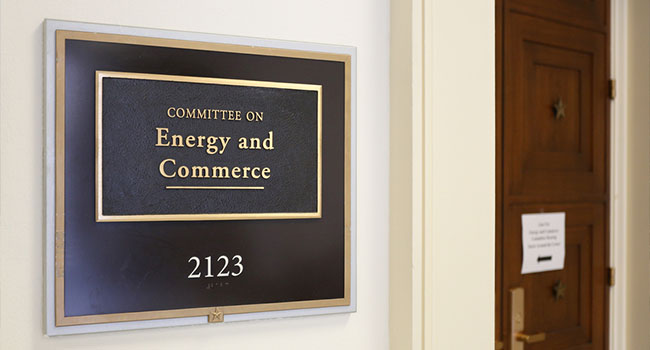
House Lawmakers Introduce Bill Offering Refunds to Small Companies Moving Away From Huawei Tech
The bill is part of an ongoing saga between China-based Huawei and the federal government, which believes Huawei is collaborating with Chinese spying efforts.
- By Haley Samsel
- Sep 26, 2019
A bipartisan group of House legislators are seeking to set aside $1 billion to help small and rural companies remove Huawei technology from the American telecommunications industry.
On Tuesday, several lawmakers on the House Energy and Commerce Committee, including chairman Frank Pallone (D-New Jersey), introduced the Secure and Trusted Communications Networks Act, a bill that could have significant repercussions for the security and video surveillance industries. The committee will hold a hearing on the measure on Friday.
In addition to refunding small and rural businesses making the switch from Huawei to other technology providers, the bill would require the Federal Communications Commission (FCC) to publish a list of communications service or equipment providers that pose national security risks. Those risks would be determined by “expert federal authorities” outside of the FCC, according to the bill.
From there, companies would be banned from using federal funds to buy communications equipment or services from any company identified as a national security risk to U.S. communications networks.
Read more: ONVIF Suspends Huawei
“America’s wireless future depends on our networks being secure from malicious foreign interference,” Pallone wrote in a joint statement with Ranking Member Greg Walden, a Republican from Oregon, along with other colleagues on the committee. “Our telecommunications companies rely heavily on equipment manufactured and provided by foreign companies that, in some cases, as with companies such as Huawei and its affiliates, can pose a significant threat to America’s commercial and security interests.”
The proposed legislation comes after President Trump signed an executive order in May allowing the federal government to block sales of Huawei equipment to American companies, according to The Washington Post. Huawei has been accused of working in tandem with the Chinese government to spy on American companies and infiltrate the U.S. telecommunications infrastructure.
The bill continues the saga between Huawei and the U.S. government, which has had important consequences for security providers. Huawei’s HiSilicon is used in many IP cameras and recorders, and security companies now must contend with transitioning to new technology if they hope to keep and land federal contracts.
In their statement, Pallone and his House colleagues said that the move is necessary to protect U.S. communications networks from “foreign adversaries.”
“We must get this done to protect our national security,” they wrote.
About the Author
Haley Samsel is an Associate Content Editor for the Infrastructure Solutions Group at 1105 Media.